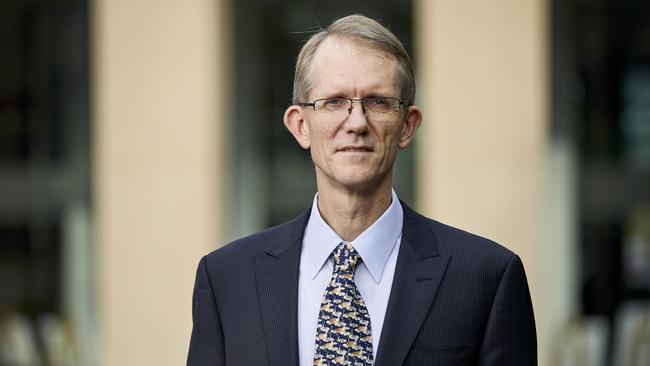
This sequence of events is unprecedented, bizarre, ominous and a pointer to an immediate future likely to become more fraught, and more dangerous.
It indicates a new level of crisis between Canberra and Beijing. It also indicates an extreme bullying attitude by China towards all foreign nations, with the partial exception of the US, which Beijing still fears.
And worst of all, it almost certainly indicates a further shift towards the practice of brutal hostage diplomacy by Beijing.
Consider the sequence. Beijing took an Australian woman, Cheng Lei — a well-regarded and not remotely controversial broadcaster on Chinese state TV — into custody, for no apparent reason.
Arising out of that detention, for which there is still no explanation, the Department of Foreign Affairs and Trade concluded that there was a serious risk to the two remaining Australian journalists, working for Australian media outlets, in China. DFAT advised them to leave and advised their employers to take them home.
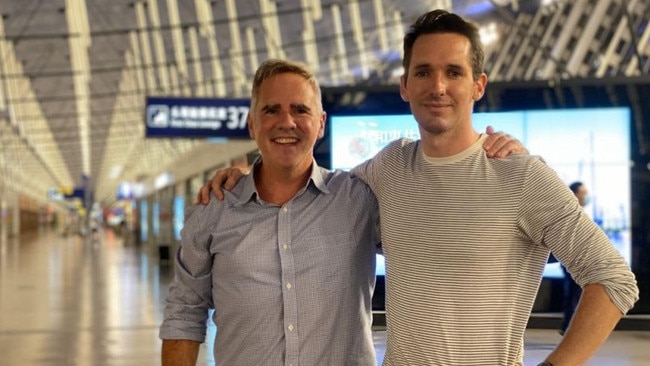
As the journalists were reluctantly preparing to do this, in the middle of the night came the dreaded knock on the door so redolent of communist regimes this past century.
Though there is no suggestion either journalist had done anything remotely improper, they were to be prevented from leaving China and were to present themselves for questioning on national security matters in connection with the Cheng Lei case.
They then fled to diplomatic compounds in Beijing and Shanghai and the Australian ambassador, Graham Fletcher, did a brilliant job in talking the Chinese authorities into accepting a face-saving formula for the two reporters to be allowed to come home.
This grotesque sequence of events played out as Australia still officially enjoys a Comprehensive Strategic Partnership with Beijing. This relationship is now in trouble.
Australian policy should be guided by two imperatives. First, it should be absolutely resolute in protecting core Australian national interests. But second, it should do everything it reasonably can to reduce the diplomatic temperature and confine the areas of crisis in the relationship.
Official dialogue right now is restricted to the two countries’ respective ambassadors and the senior officials they interact with in each others’ capitals.
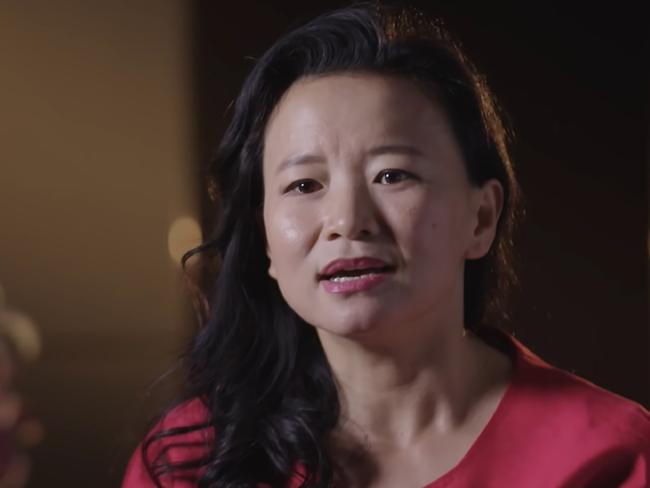
That is the bare bones minimum of a barely functioning relationship. Chinese ministers still refuse to speak to their Australian counterparts.
Bad as things are, they could get much worse. And it is not in Australia’s interests for things to get worse.
No one could doubt now the resolve of the Morrison government to protect Australia’s interests. Therefore there is very little need for further declaratory statements.
At the same time, there is no need to panic. Australian journalists were banned from Indonesia for a good portion of the 1980s, but the relationship survived this circumstance, and eventually the Australian media was let back in.
It is also the case that Beijing has been having analogous quarrels with nations around the world. It’s not just Australia.
The biggest worry, however, is that Beijing may be moving deliberately towards more regular and coercive hostage diplomacy, as evident in the two Canadian diplomats in custody in China now for two years.
Apart from Cheng Lei, the writer Yang Hengjun is the other high-profile Australian political prisoner in China, although there are about 80 Australians in total up in custody in China.
The priority now for Canberra is to reduce the sense of crisis and seek whatever avenues are available to resume effective dialogue.



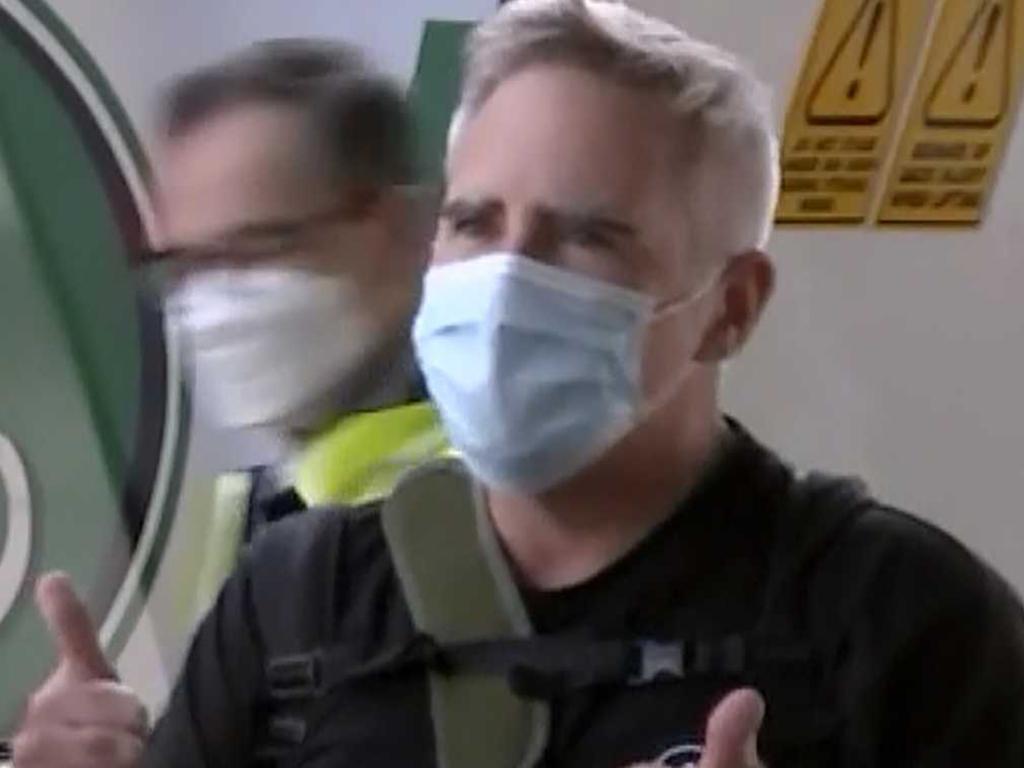

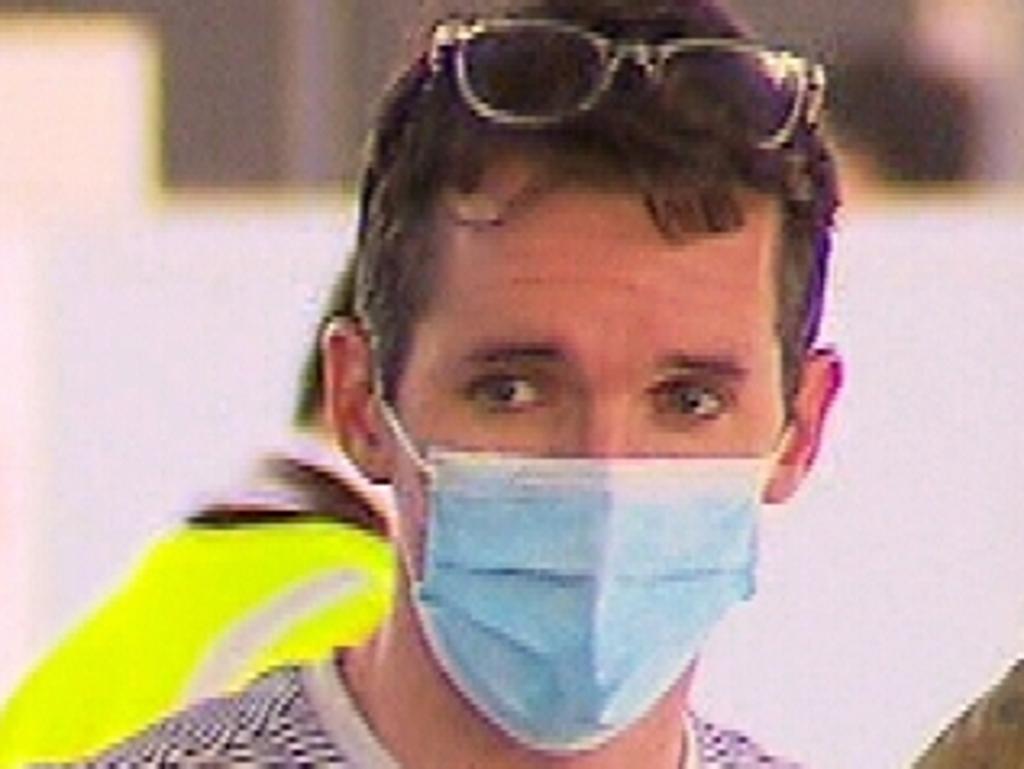
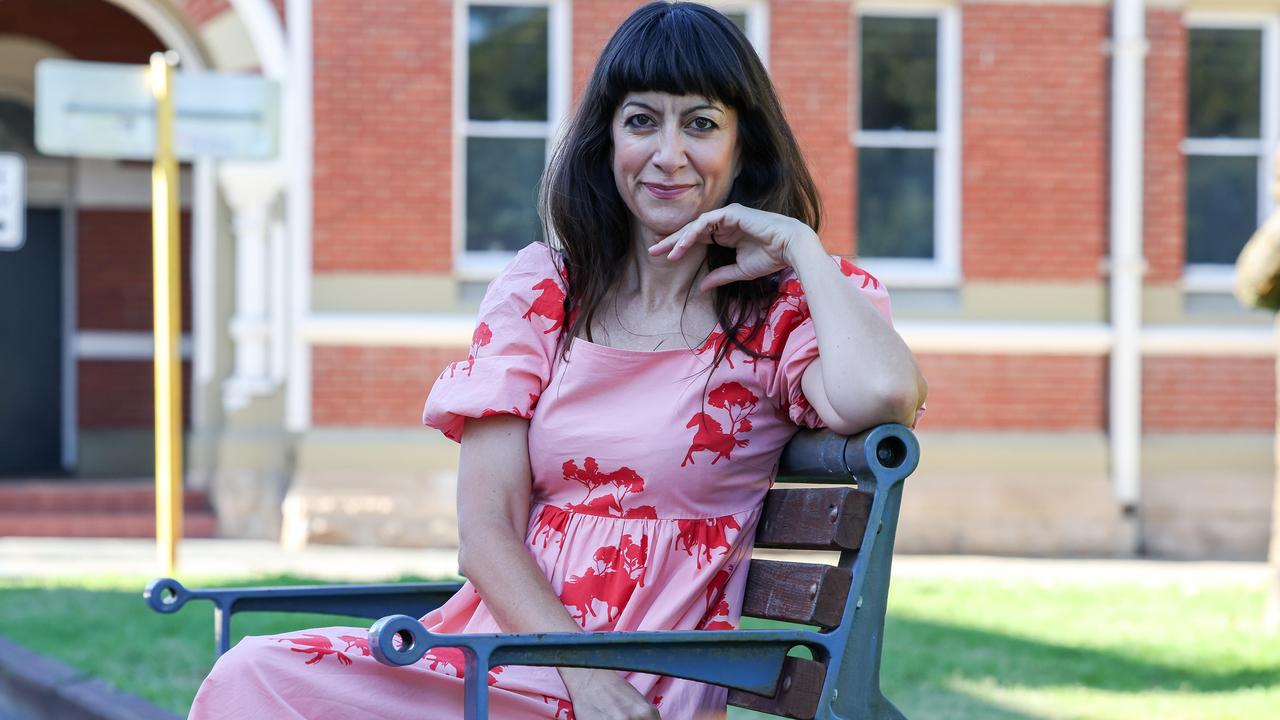
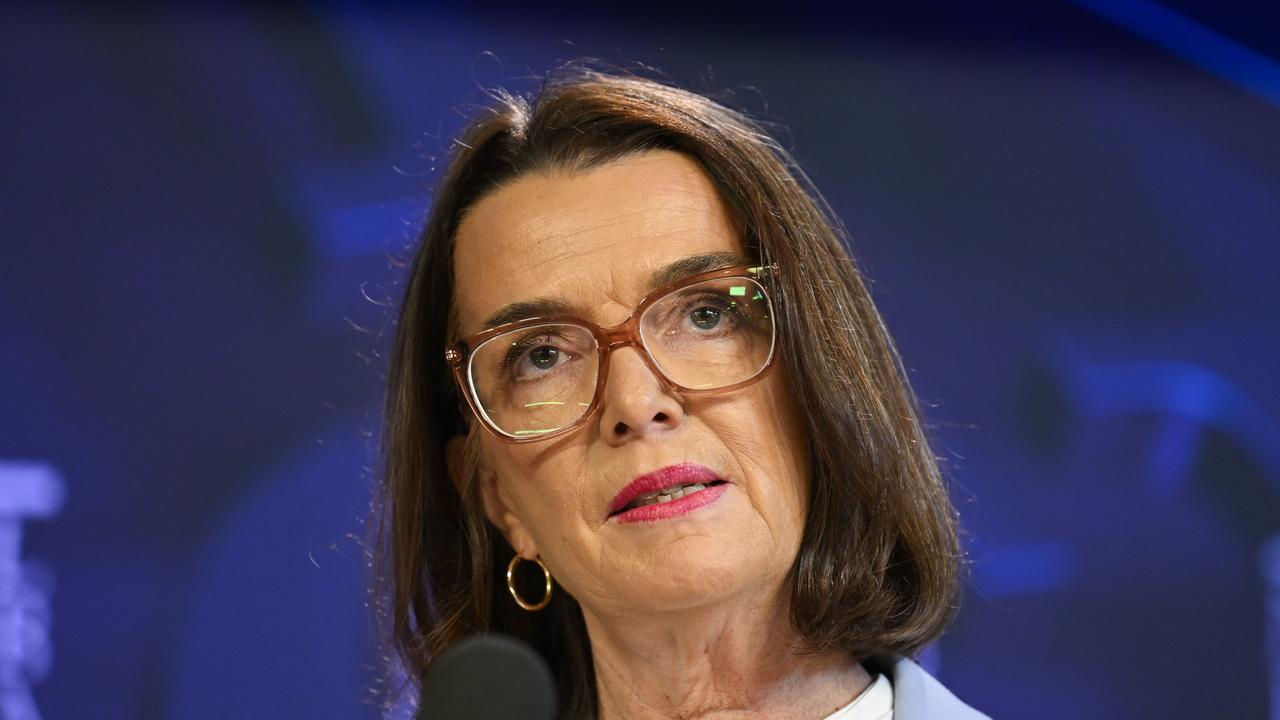
That Australian journalists and diplomats in China have been reduced to acting out a John le Carre cum James Bond series of late night emergency pick-ups by embassy cars, days of uncertain shelter in the fragile security of diplomatic compounds, tense and secret negotiations over an exit path, ritual interrogations and finally diplomat-supervised flight from China is evidence — more dramatic than anything else we have seen — of the profound crisis that confronts Australia/China relations.